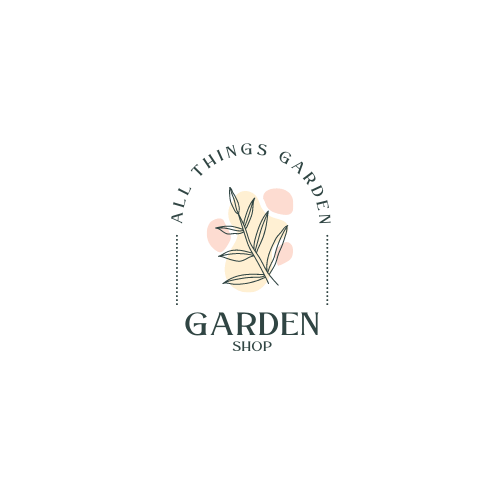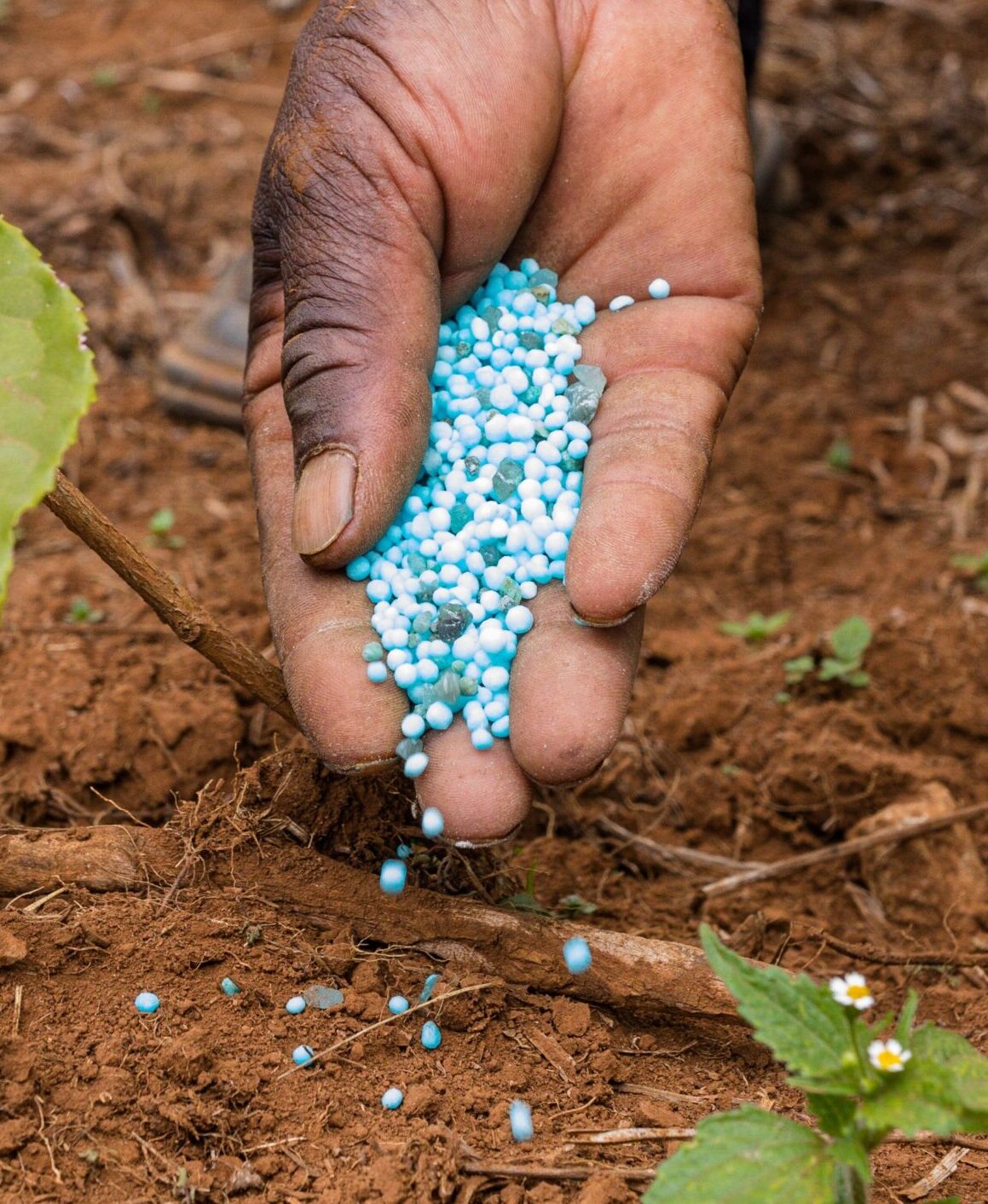Fertilizer. Food production versus ornamental gardens..
Fertilizer is the lifeblood of any garden, but the type you choose can significantly impact the outcome, depending on whether you’re cultivating a food garden or an ornamental garden. In this article, we’ll explore the key differences between fertilizing for food production and ornamental gardens and provide insights to help you make the right choice for your specific gardening goals.
Fertilizing for Food Production
In a food garden, the primary objective is to cultivate crops for consumption. Here are some key considerations for fertilizing in a food production setting:
- Nutrient Balance: Food crops require a balanced combination of essential nutrients, including nitrogen, phosphorus, and potassium (N-P-K). To promote healthy growth and a bountiful harvest, select fertilizers with an N-P-K ratio that matches the needs of the specific crops you’re growing.
- Organic or Synthetic: You can choose between organic and synthetic fertilizers. Organic options, such as compost, manure, and fish emulsion, are preferred by many food gardeners for their ability to improve soil health and long-term sustainability.
- Soil Health: Maintaining fertile and healthy soil is critical for food production. Consider using organic matter to enhance soil structure, water retention, and microbial activity. Crop rotation and cover cropping can also help prevent nutrient depletion.
- Seasonal Application: Fertilizer application schedules should align with the growing stages of your crops. For instance, nitrogen-rich fertilizers are vital during the vegetative growth phase, while phosphorus-rich options support flowering and fruiting.
Fertilizing for Ornamental Gardens
Ornamental gardens are designed for aesthetics, featuring flowers, shrubs, and decorative plants. Fertilizing in this context comes with its own set of considerations:
- Balanced Growth: Ornamental plants typically require a more balanced N-P-K ratio to promote healthy foliage and vibrant blooms. Look for fertilizers labeled for ornamental use.
- Slow-Release Fertilizers: In ornamental gardens, slow-release fertilizers are often preferred. They provide a steady supply of nutrients to plants, promoting even growth and preventing excessive, rapid growth.
- Specialized Formulations: Some ornamental plants, like roses or azaleas, may have specific fertilizer requirements. Research the needs of your specific plants to choose the right fertilizer.
- Frequency of Application: Ornamental gardens often benefit from periodic, light applications of fertilizer throughout the growing season. However, it’s essential not to over-fertilize, as excessive nutrients can lead to leggy growth or reduced flower production.
In conclusion, whether you’re tending to a food production garden or an ornamental paradise, the choice of fertilizer plays a crucial role in the success of your garden. Understanding the specific needs of your plants and the goals of your garden will help you make informed decisions when selecting and applying fertilizer. By tailoring your approach to the unique demands of your garden, you can ensure a flourishing and visually appealing landscape or a bountiful harvest of homegrown produce.




